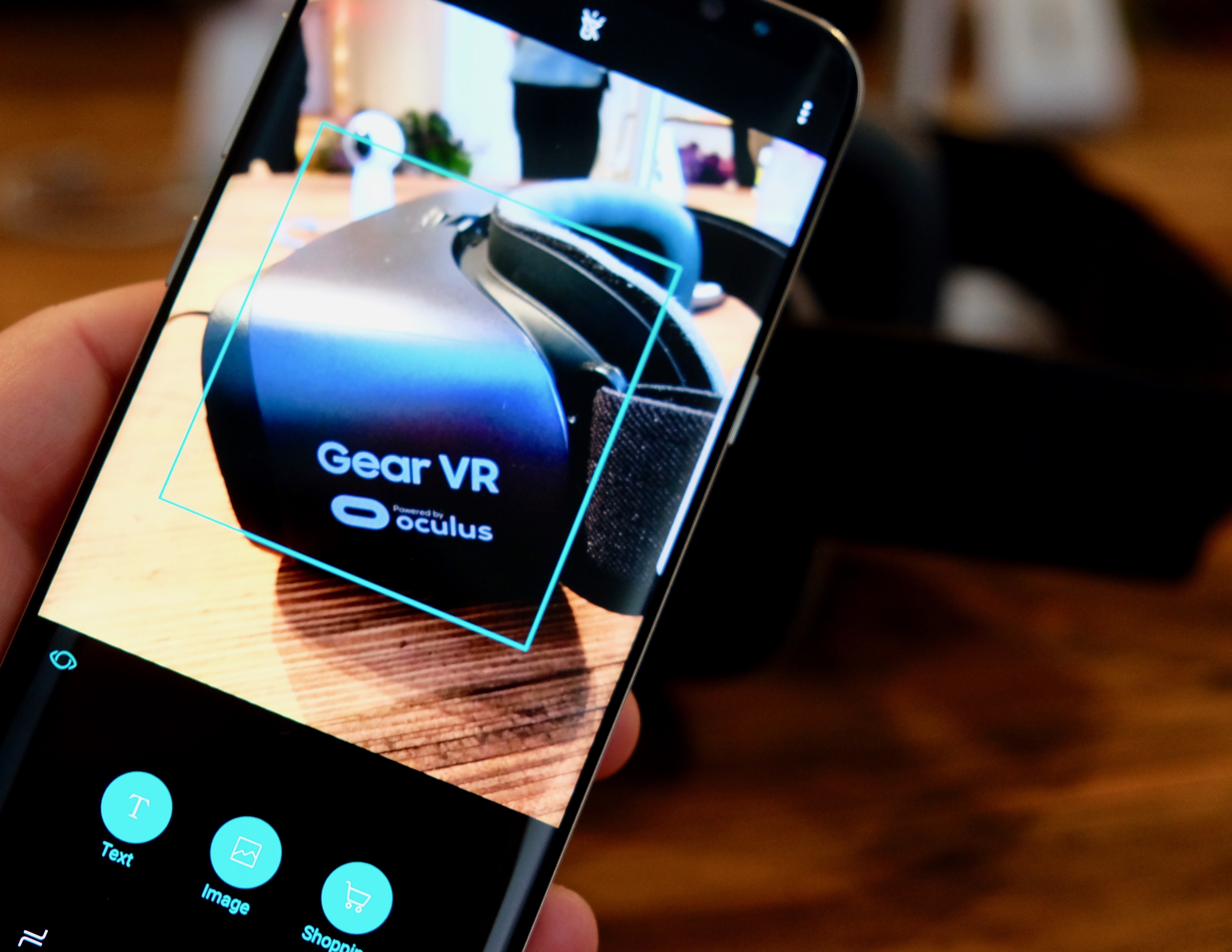Samsung's Bixby voice agent brings the fight to Alexa and Siri


Samsung plans to embed Bixby in other devices around the home, but it is starting with the smartphone.
It may lack the pen of the resurrected Galaxy Note 7, but the narrower screen of the Galaxy S8 is far from its only mode of input. The S8 marks the debut of Bixby, Samsung's voice agent designed to compete head on with Alexa, Cortana, Siri, and Google Assistant, the last of which is also supported by the S8.
samsung galaxy S8
I've written before about how these voice agents seem out of place on desktop PCs. But they are also a bit of a sore thumb on smartphones, the platforms that popularized them. Indeed, part of the appeal of Alexa, which has worked its way back to the phone and even beyond screens, is that its disembodied presence can be accessed from anywhere in the room.
Samsung plans to embed Bixby in other devices around the home as well. However, it is starting with the smartphone. Of course, arriving as a latecomer to the game, the agent has had to pick up a few tricks from its rivals, like voice activation and setting reminders. Bixby can also -- like Amazon's Firefly and the ancient Google Goggles -- provide information about products and objects in the camera's view. Bixby, like the Google Translate app, can also translate 50 languages.
Yet another part of Bixby is pattern recognition and prompting. This has been addressed by tools such as Google Now, which will, for example, tell you about the traffic times to destinations you frequently travel to. Bixby promises to prompt you to do things that it sees a pattern of. This runs the risk of intrusion, though, so much will lie in the execution.
Bixby adds a few features that make it a more integrated into the smartphone experience, including a dedicated button and the ability to interact conversationally with Bixby while the phone is placed up against your ear, much as you would with a human on the other end.
But even these strike more as implementation details. The more significant Bixby components are its cognitive awareness, stepping you through queries when it doesn't understand a request instead of shrugging its virtual shoulders. For example, if you say, "Send the last photo I took to my brother," and Bixby doesn't know who your brother is or how to send it, it will ask.
More impressively, Samsung claims that Bixby can fully operate the phone to the point where anything you can do with touch you can do with Bixby. Samsung refers to the core features of the phone, but it is pursuing deep integration with third-party apps as well. With Apple's recent acquisition of Workflow and Google looking to integrate Assistant with third parties, we may be looking at the beginning of a post-screen future.
Samsung has an opportunity to even further boost Bixby by integrating the work of Viv Labs, which it acquired last year. But its homegrown agent is an ambitious voice agent fray that will be constrained more by Samsung's footprint than a lack of functional merit.
VIDEO: Check out the Galaxy S8: Samsung's new flagship